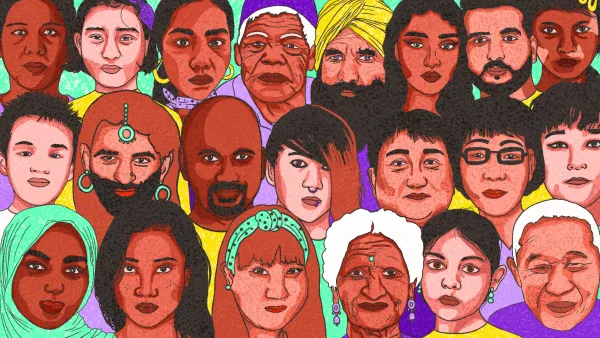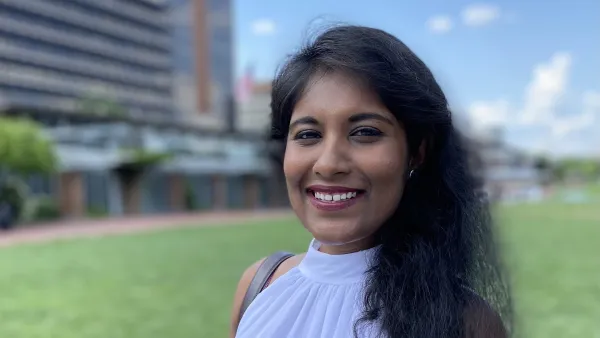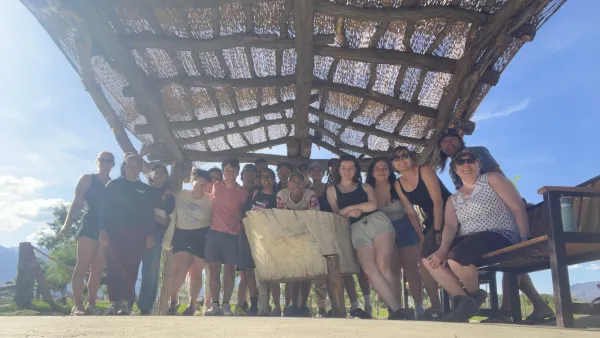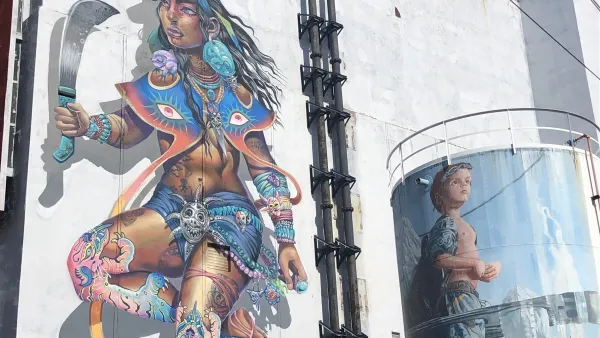What can you do with a degree in American Culture Studies? Sam Lai, a former American Culture Studies major, answered that question and many more in our interview for the Alumnae spotlight series.
How did you know AMCS was a good fit for your academic interests? Did AMCS allow your academic and personal interests to intersect?
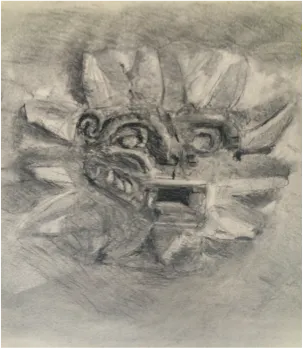
I took a look at what classes I wanted to take and what kind of project I wanted to make in the end. I was definitely interesting in studying non-traditional subjects like tv, film, comics, etc. Not just for fun, but because these mediums seem to genuinely impact people's every day lives, including my own. I was also interested in the Asian American experience, being a particularly angsty Asian American myself. AMCS had concentrations in both Popular Culture and Ethnic Studies so there was really never much doubt in my mind. In the end I was able to do a creative project (start a novel) for my capstone. So yes, 100 percent of my academic and personal interests were completely indistinguishable by the time I graduated.
Did you have a Minor? If so, how did it overlap with your studies in AMCS?
I minored in writing, which, for obvious reasons overlapped very much with AMCS. At points I was writing short stories instead of final essays in multiple AMCS classes. Combining my creative/storytelling interests with rigorous academic interest was a really unique foundation for me as a writer of speculative fiction.
How would you describe your capstone project? What was multidisciplinary about it?
It was a fictional exploration of Mythology in suburbia, or trying to imbue suburbia with a Mythology. Basically it was a fantasy/superhero story set in suburbia. But it ended up being about Mythology in general, and how not having a collective story can really suck the life out of a community. Creative writing + a literary/historical/media studies/geospacial look at suburbia. It was as multidisciplinary as I could possibly make it.
What were the opportunities and challenges of doing a creative writing project for your capstone? Did you accomplish what you hoped to accomplish with the project?
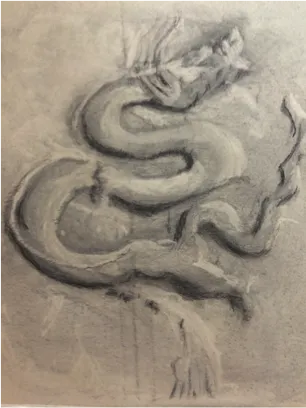
What was your most memorable experience in the program?
Definitely the On-Location trip to Hawaii and California where I got to speak to someone who saw the Pearl Harbor attacks happening from a distance. Insane. Also when else would I get the chance to go to the Polynesian Cultural Center with a bunch of graduate students and have a collective academic freak out about it afterwards. Low key, though, what will really stick with me is just witnessing the most down-to-earth scholars on the faculty engaging with really relevant issues in practical and valuable ways. At no point did I think to myself "wow, the intellectual work being done here is useless or damaging," which is sometimes what I think a lot of idealistic young college students come to realize about academic institutions. At least with the faculty I worked with, the messiness of interdisciplinary work and the perceived ridiculousness of some of the stuff we studies meant that there was no pretensions, just genuine fascination and deep compassion for students and for the world.
What have you been doing since you graduated? How has your AMCS work influenced your work, ways of thinking, pursuits, etc. since graduation?
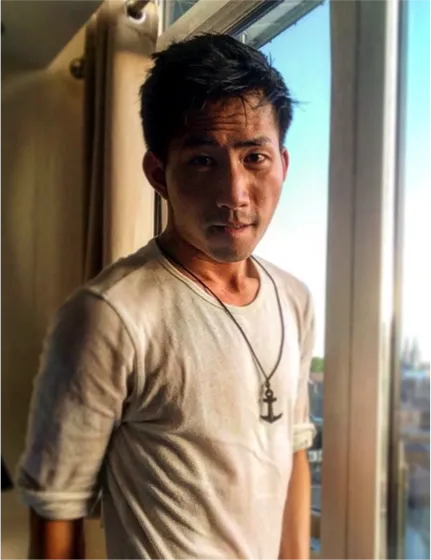
I went to grad school in Ireland and did a lot more writing as well as some other forms of art. It was also a multidisciplinary program so it was a seamless transition. I think AMCS and multidisciplinary work, or more broadly looking at one thing from a variety of different perspectives is at the core of my writing and all the things I hope to do.
What advice would you give to someone considering or pursuing a degree in AMCS?
AMCS is a spot where you can really, really stand out with the stuff you choose to study and write about. And in the real world, people are looking for people that stand out. So lean into the very specific weird things you're obsessed with. And if you connect with a professor in general, it's a really good idea to seek them out. Some of the most important conversations I've had happened during office hours.
